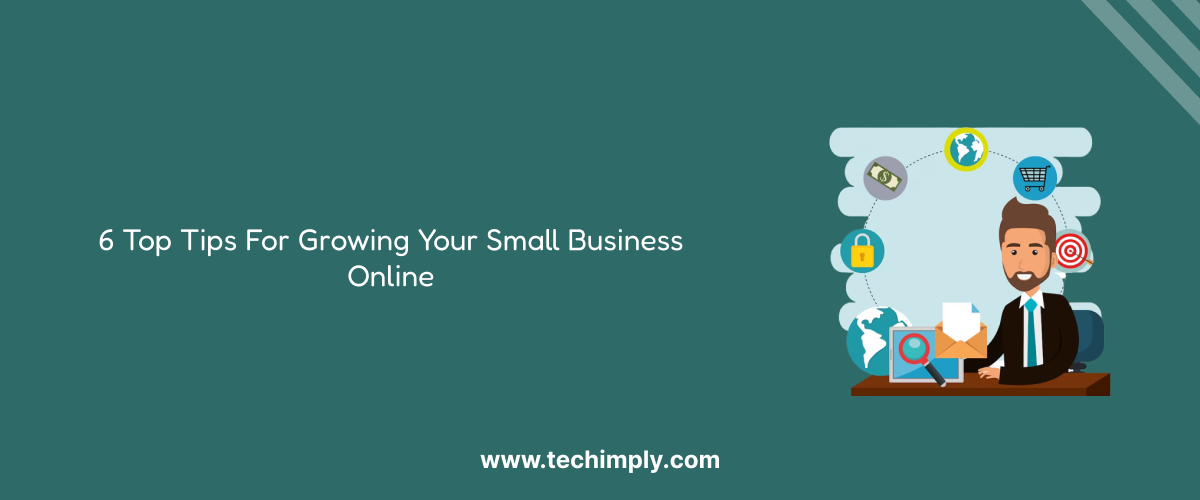When we discuss online sales, the one word always comes to mind is eCommerce.
As per the information shared online by Statista, it’s projected that the total global sales through social media platforms will reach $1.298 billion by 2023.
But how can social media help with eCommerce?
For that, let’s first understand the integration of eCommerce and Social Media - Social Commerce.
This simply refers to using social media channels like Facebook, Instagram, Twitter, and more to sell products to your consumers directly from your eCommerce store.
How does this help you?
For that, we have listed six benefits of using social media for your eCommerce business. In the end, we have also listed eight ways to help you leverage the power of social media and boost your sales.
Let’s dive right in.
Benefits of Integrating Social Media for E-commerce
1. Get more people to know your brand
Through social media, e-commerce businesses can expand their reach beyond their current customer base and appeal to a wider audience.
Furthermore, leveraging targeting options based on demographics, interests, and behaviours makes it possible to attract genuinely interested individuals to your products or services.
Employing social media marketing campaigns can help your e-commerce venture establish brand recognition and attract new customers.
Tentree, a clothing brand with a mission to promote sustainability, has successfully leveraged social media to increase brand awareness and promote its cause. By consistently sharing aesthetically pleasing and inspiring content on social media, such as showcasing self-sustaining cabins in Finland, Tentree has created a strong online presence that reinforces their values and resonates with its target audience.
Through its use of social media, Tentree has successfully positioned itself as a socially responsible and environmentally conscious brand, attracting a loyal following and driving sales.
2. Learn more about your customers and market
Understand your customers' needs, preferences, and pain points to provide them with the best possible experience. One effective way to gain insight into your customers is by monitoring social media conversations.
By watching what your customers say on platforms like Twitter, Facebook, and Instagram, you can learn about their opinions and experiences with your brand. This information can be incredibly valuable for making data-driven decisions about your business strategy.
Surveys and polls conducted on social media platforms can be a great way to gather customer feedback quickly and easily. By asking your customers directly about their preferences, you can better understand their needs and refine your marketing strategies accordingly.
3. Keep your customers engaged and loyal
Social media provides a great platform for engaging with your customers in a way that feels authentic and human.
By interacting with your customers on social media, you can build a sense of community and loyalty around your brand. Responding to inquiries and complaints in a professional and helpful manner shows customers that you care about their experience and are committed to providing excellent customer service.
For example, if a customer posts a complaint on social media about a negative experience they had with your business, responding in a professional and empathetic manner can help to turn a negative experience into a positive one. By addressing their concerns and offering a solution, you can show that you're committed to resolving issues and providing excellent customer service.
See how a customer tweeted to JetBlue Airways that their screen alone wasn’t functioning properly. The airline responded to the tweet promptly and offered credit for the inconvenience caused to the passenger.
4. Direct more traffic and sales to your website
Having a strong online presence attracts and retains customers, and this is where social media can be a powerful tool for driving traffic and sales to your website.
When customers like, share, and comment on your social media posts, it signals to search engines that your website is popular and relevant. This can lead to higher search engine rankings, which in turn increases visibility and traffic to your website. By driving more traffic to your website, you have a higher chance of converting these visitors into paying customers.
5. Increase your customer retention
Building a loyal customer base is crucial for the long-term success of any business. By providing regular updates, promotions, and exclusive content, businesses can create a sense of community around their brand and improve customer loyalty.
Furthermore, it's not just about your customers - social media can also be used to build relationships with other businesses and industry influencers. By collaborating with other businesses and sharing each other's content, you can expand your reach and tap into new customer markets.
6. More opportunities for customer data collection and analysis
By leveraging social media analytics tools, businesses can create marketing dashboards and gain valuable insights into customer behaviour, preferences, and trends.
For example, by monitoring social media conversations and engagement, businesses can learn about customer sentiment toward their brand, identify popular products or services, and track customer feedback and complaints. This information can help businesses to make data-driven decisions about product development, marketing strategies, and customer service.
How to Leverage Social Media in E-commerce
1. Make a social media strategy
This will involve identifying business objectives, choosing the right platform, defining the target audience, determining key performance indicators, creating engaging content, and measuring results.
Time to put this into action.
2. Pick the right social media platforms
This one is simple yet crucial for e-commerce platforms businesses. By selecting the right platforms, your business can effectively reach its target audience and achieve its business objectives through social media marketing. If you are selling to consumers, then your platform selection is certainly different than for B2B social media strategies. So always choose the platform where your customers are going to be.
You’ve picked the perfect platform for your business. So, next comes the planning part.
3. Make content that's interesting and useful
When you provide value to your followers through informative and interesting content, your businesses will attract and retain customers. You will leave a lasting impression on the user's mind if they engage with your content often. This leads to your brand staying on top of your audience's mind.
How can you do that?
One way is to host exclusive social media contests and giveaways for your audience. Executing well can create buzz and excitement around your e-commerce brand.
But that’s not enough
4. Showcase user-generated content
Nobody likes someone who keeps talking about oneself. The same goes for brands. You must inspire your customers to share their photos and videos while they use your products. It is a powerful marketing strategy for e-commerce businesses.
Featuring this content on social media platforms helps your brand authenticity and build social proof, which can increase customer trust and ultimately drive sales.
You’ve created engaging content and started with user-generated content; now it’s time to learn how to promote them.
5. Use social media advertising
Social media advertising is a powerful tool for e-commerce businesses to target specific audiences and drive website traffic.
With advanced targeting options, your eCommerce businesses can reach their ideal customers at the right time and Improve the likelihood of converting them into paying customers.
6. Work with social media influencers
Partner with the right social media influencers to help your e-commerce businesses promote their products and spike your follower growth.
You can leverage the influencer's following and credibility; businesses can increase brand awareness and ultimately drive more sales
And finally…
7. Test your new ideas and products
While talking about benefit 2, we said that conducting polls and surveys on social media is an effective way for e-commerce businesses to gather customer feedback.
But, by leveraging this feedback, you can also test out new product ideas, improve product development, and increase customer satisfaction.
Conclusion
In conclusion, social media is a powerful tool for e-commerce businesses looking to reach a wider audience, increase brand awareness, and drive sales. By following best practices for marketing on social media and integrating social media into your e-commerce website, you can maximize your social media marketing efforts and achieve e-commerce success.
About Author
Suraj Nair is a Digital Marketing Executive at SocialPilot. He is a marketing and technology enthusiast who helps bring in high-quality traffic for your business. His pass time includes watching sitcoms and anime.


.png)



